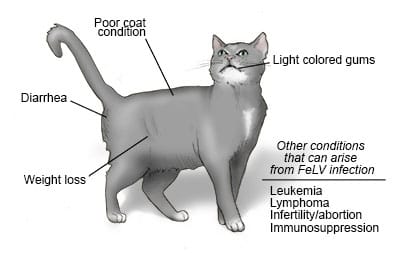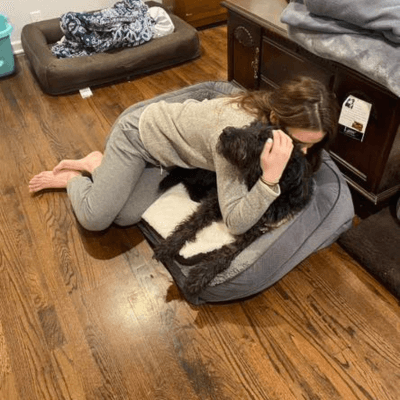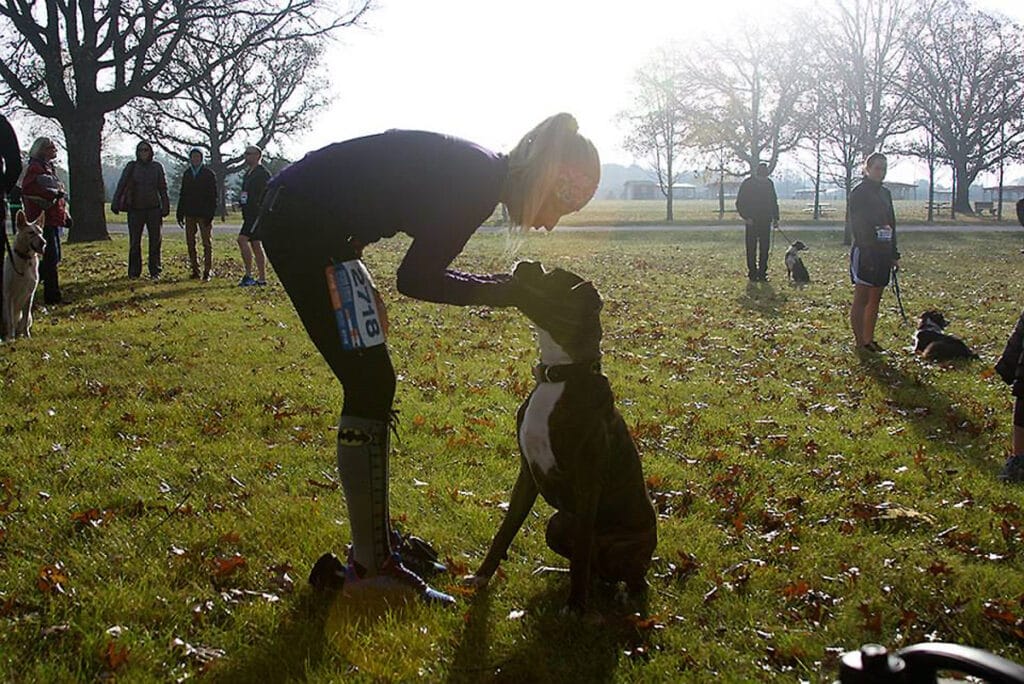Rock County has seen an increase recently in cases of Feline Panleukopenia. Here are some facts to help local cat owners better protect their feline friends!
What is Feline Panleukopenia?
The term panleukopenia means a decrease in the number of all of the white blood cells in the body. White blood cells play a major role in immunity and are important in defending against infections and diseases.
This is a serious virus that can cause vomiting, diarrhea, and a very low white blood cell count. It is often fatal in kittens.
How is Feline Panleukopenia transmitted?
Cats and kittens are susceptible to being infected by direct contact with an infected cat, or the virus can be transferred via the following:
- Contaminated water
- Feed bowls
- Shared cat pans
- On shoes and clothing
The incubation period from infection until clinical signs develop is typically three to five days.
What are the symptoms of Feline Panleukopenia (FPL)?
There is some variation in the clinical signs, but cats typically experience the following symptoms:
- Depression or listlessness
- Vomiting and diarrhea
- Blood in feces
- The hair coat quickly becomes dull and rough
- Skin loses its elasticity due to dehydration
- Green or yellow discharge from the eyes and nose
- Susceptible to other infections because of a compromised immune system
- In young kittens with severe infections, sometimes the only clinical sign is sudden death
Treatment for FPL
While antibiotics don’t kill viruses, they are helpful in controlling the secondary bacterial infections that commonly develop due to the lack of white blood cells and reduced immunity.
Dehydration and shock are life-threatening components of FPL, so our trained team members will provide intravenous fluid therapy and intensive nursing care.
If an infected cat receives aggressive supportive care through the initial stages of illness, prognosis for a full recovery is good.
Prevention of FPL
There is a reliable vaccine against this disease, and it is part of our core vaccine schedule at the Janesville Veterinary Clinic. Please call to schedule your cat’s vaccine booster if they aren’t up to date. This is especially important for:
- Kittens due for their 1 year old vaccines
- Cat with compromised immune systems
- Cats who have recently been outdoors
We highly recommend keeping cats indoors to prevent further spread of this virus.
Reach Out
If your kitten or cat is experiencing any of the above symptoms, it’s important to contact us at one of our clinics right away. Timely treatment is critical to managing subsequent infections, to preventing further spread of the condition in Rock County, and to getting your best friend back to feeling better.
Additional information available at:
https://www.avma.org/resources-tools/pet-owners/petcare/feline-panleukopenia




